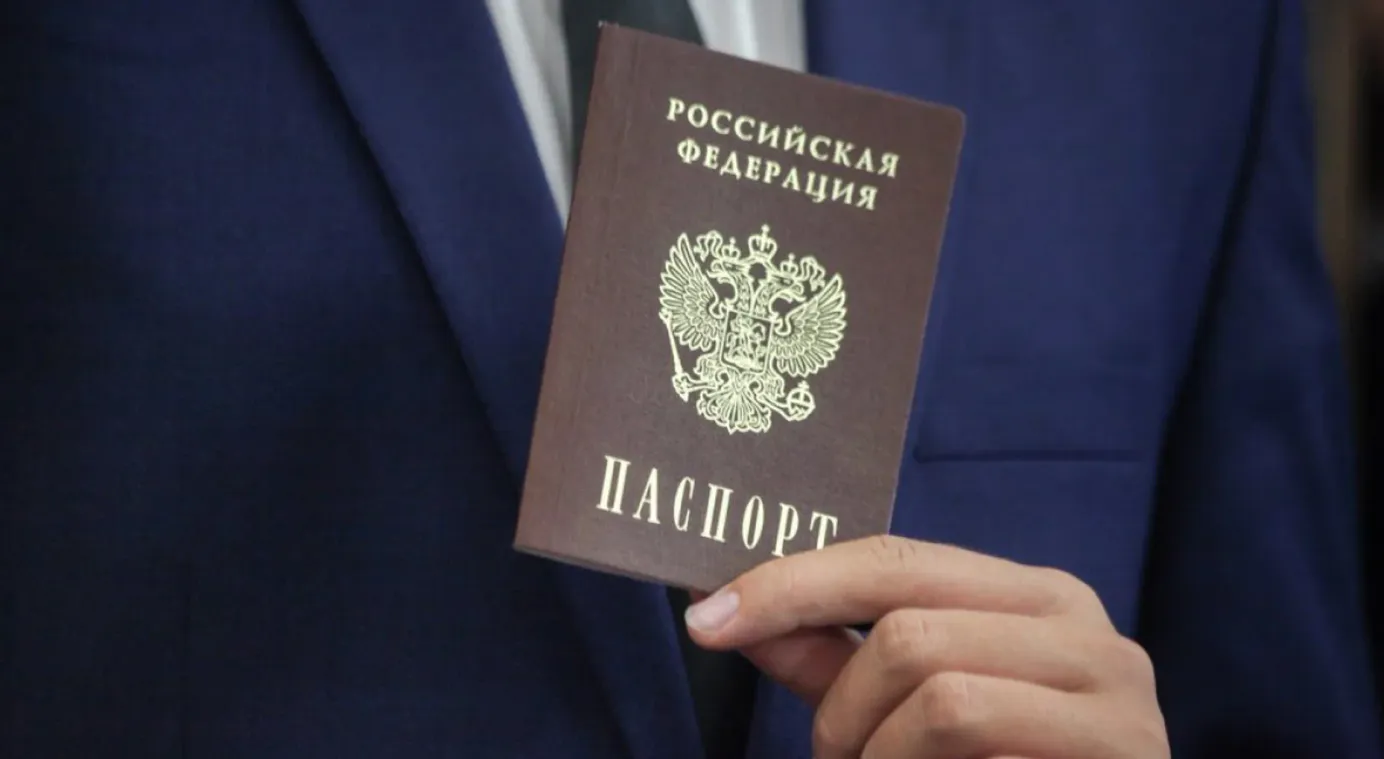
Seven years in jail for supermarket sticker protestor
One of Russia’s longest and most controversial political trials since the start of the war reached its inevitable conclusion in a court in St. Petersburg last week. Artist Sasha Skochilenko, 33, was sentenced to seven years in a penal colony for spreading “false information” about Russia’s armed forces. Last year she had replaced a small number of price-tag stickers in a St. Petersburg supermarket with anti-war messages and slogans. The Russian authorities have used her case, along with several other trials against anti-war protesters, to scare the Russian people into not talking about the war.
- Skochilenko was sentenced to seven years for spreading “false information” about the Russian military, with the aggravating circumstance that she had done so “based on political hatred and enmity.” The artist, who was arrested in April 2022, will serve another four years in a penal colony (in Russia, every day spent in pre-trial detention counts as one-and-a-half days already served).
- There are serious concerns about Skochilenko’s health. She has previously been diagnosed with a heart defect, bipolar disorder, PTSD and ovarian cysts — conditions that worsened while she was in the harsh conditions of a Russian pre-trial detention center. She was not given proper medical care and while in court she was not permitted to drink or take her prescription medication for hours on end. In one session, the prosecutor laughed out loudwhen Skochilenko’s lawyer reported on her deteriorating health. On eight separate occasions during the trial, judge Oksana Demyasheva said that Skochilenko was fit enough to be sent to a penal colony. The artist was never examined by a doctor and does not know who signed off on her health status.
- In her closing statement, Skochilenko explained how the investigator who was first assigned to her case resigned from the Investigative Committee, allegedly telling her lawyer he did not become a criminal investigator to deal with cases like hers. Skochilenko told the court how he quit to go and work at a store selling military uniforms and equipment. “I respect his action enormously and I believe we are similar — we both acted according to our conscience,” she said.
- Skochilenko’s sentence is similar to those handed down in other high-profile fake news cases, including against opposition politicians Ilya Yashin (8.5 years) and Alexei Gorinov (7 years), and journalists Mikhail Afanasiyev (5.5 years) and Maria Ponomarenko (6 years). However, the number of criminal cases — ones that could lead to prison time — brought under the “false information” law is not as many as might have been expected. In the first half of 2023, the courts handed down 21 sentences, eight of which resulted in prison time.
- Relatively few criminal cases have also been launched under some of the other wartime censorship laws. In the first six months of 2023, 15 people were charged and two received jail sentences for “discrediting the armed forces”. The courts handed out the same number of sentences for “high treason,” in cases brought by Russia’s security services. Meanwhile, in the first half of 2023 there were 149 sentences handed down for “public calls for a violent change to the constitutional order” — an article which has traditionally been widely applied to cover various public statements of dissent and calls to protest. Overall, the total number of sentences for these four crimes has fallen, to varying degrees, compared to the first months after the start of the invasion.
Why the world should care:
Demonstratively harsh sentences play a specific role for the Russian authorities. Even though there are relatively few cases that lead to long prison sentences — in the dozens rather than thousands — high-profile rulings garner widespread public attention. From the Kremlin’s perspective, they get the job done: people hear about them, and start to worry what the consequences of discussing the war could be for them. The falling number of cases under these anti-opposition laws could be a sign of growing caution among those in Russia, who are more and more refraining from discussing and protesting the war publicly.




